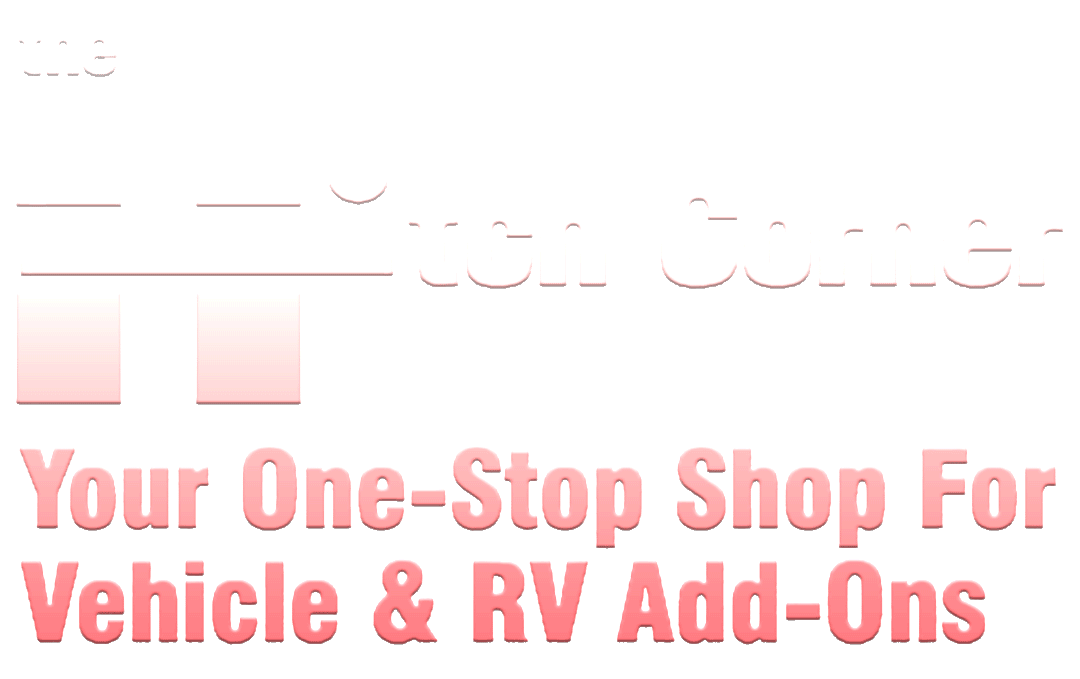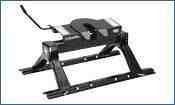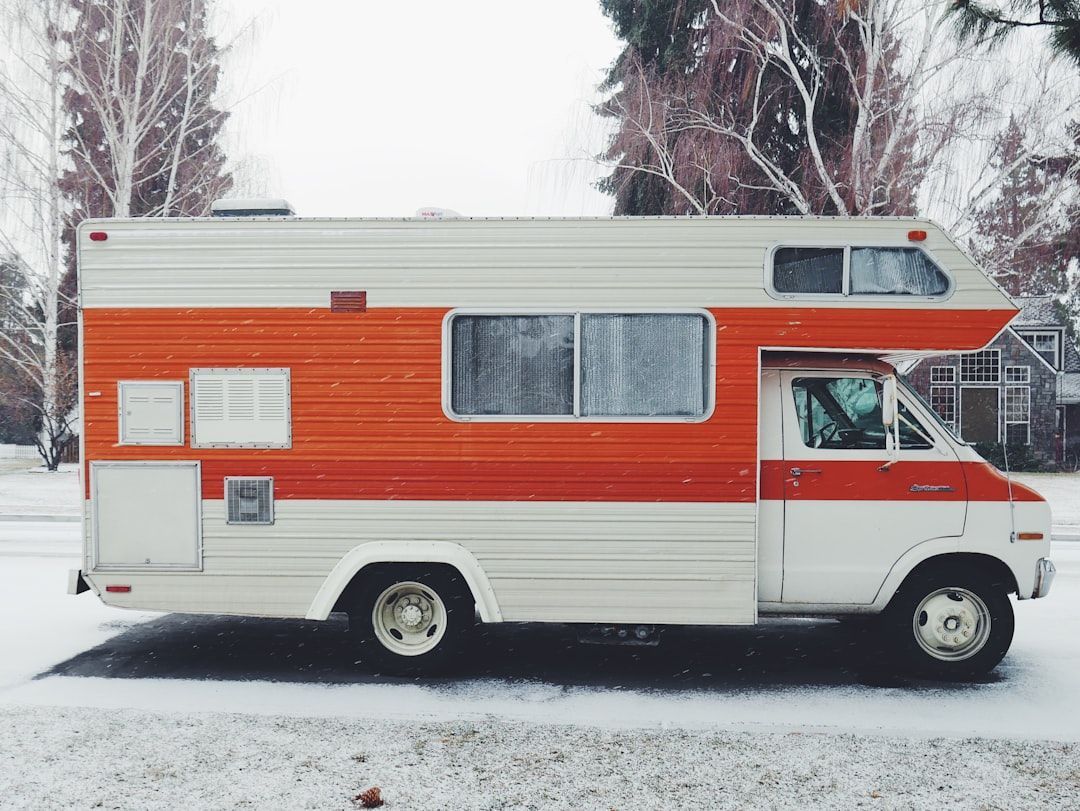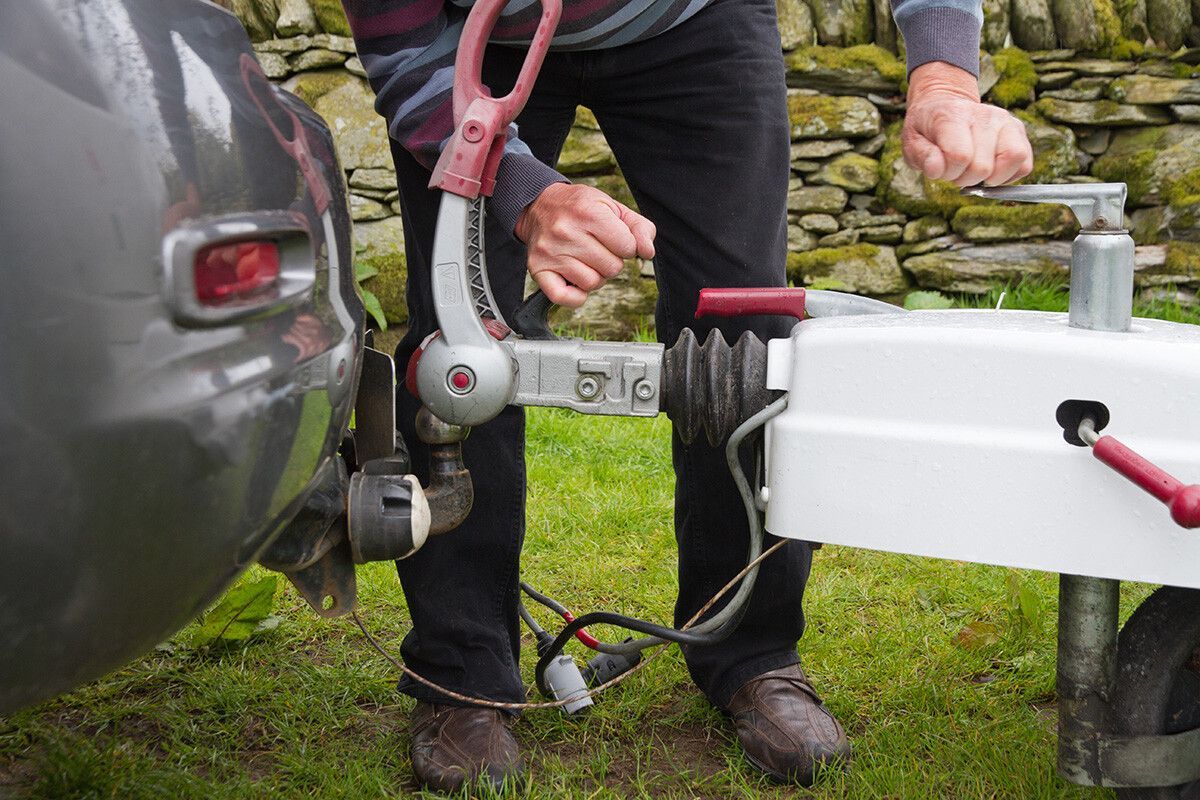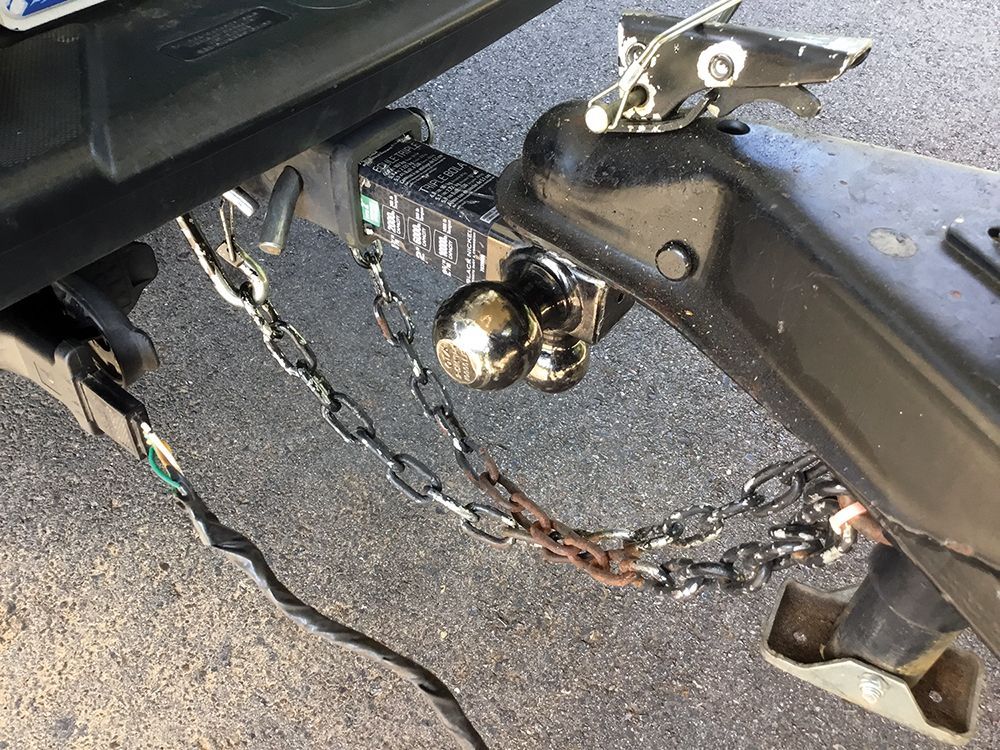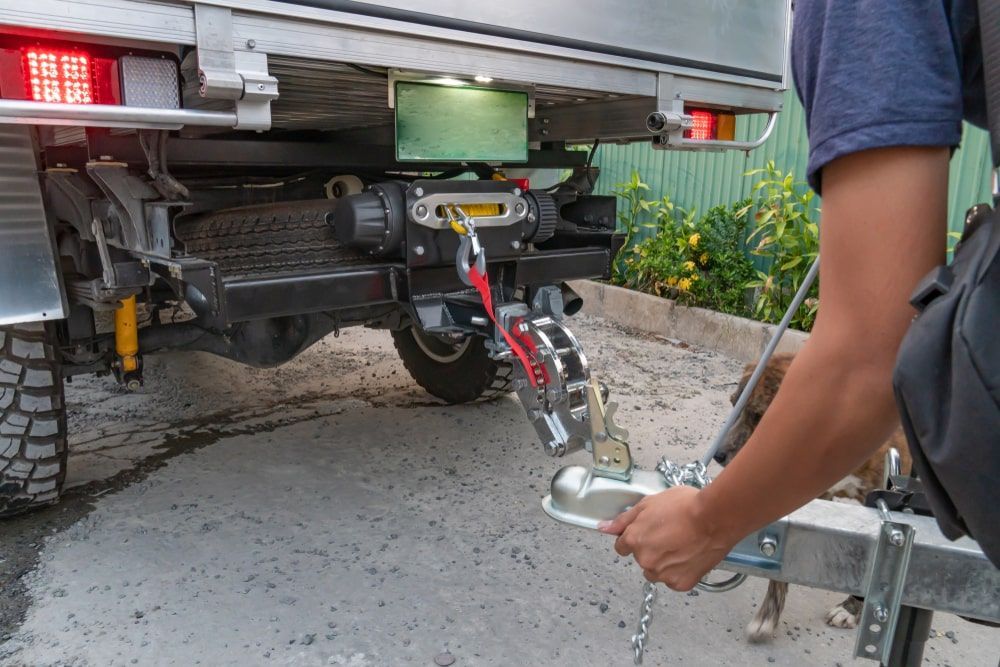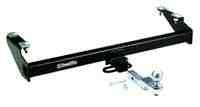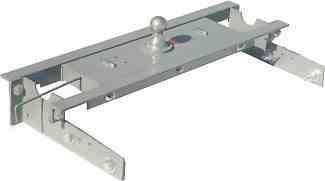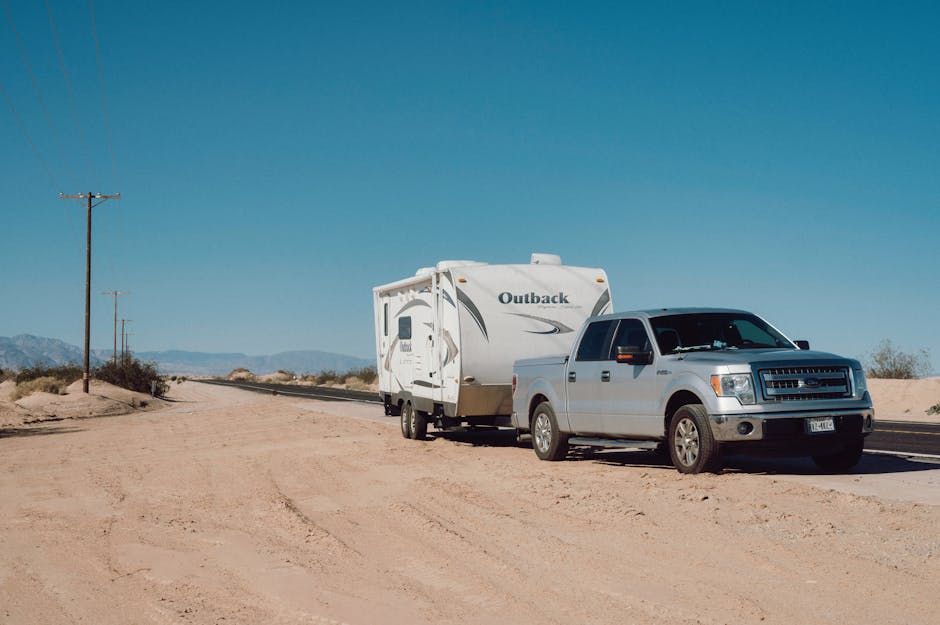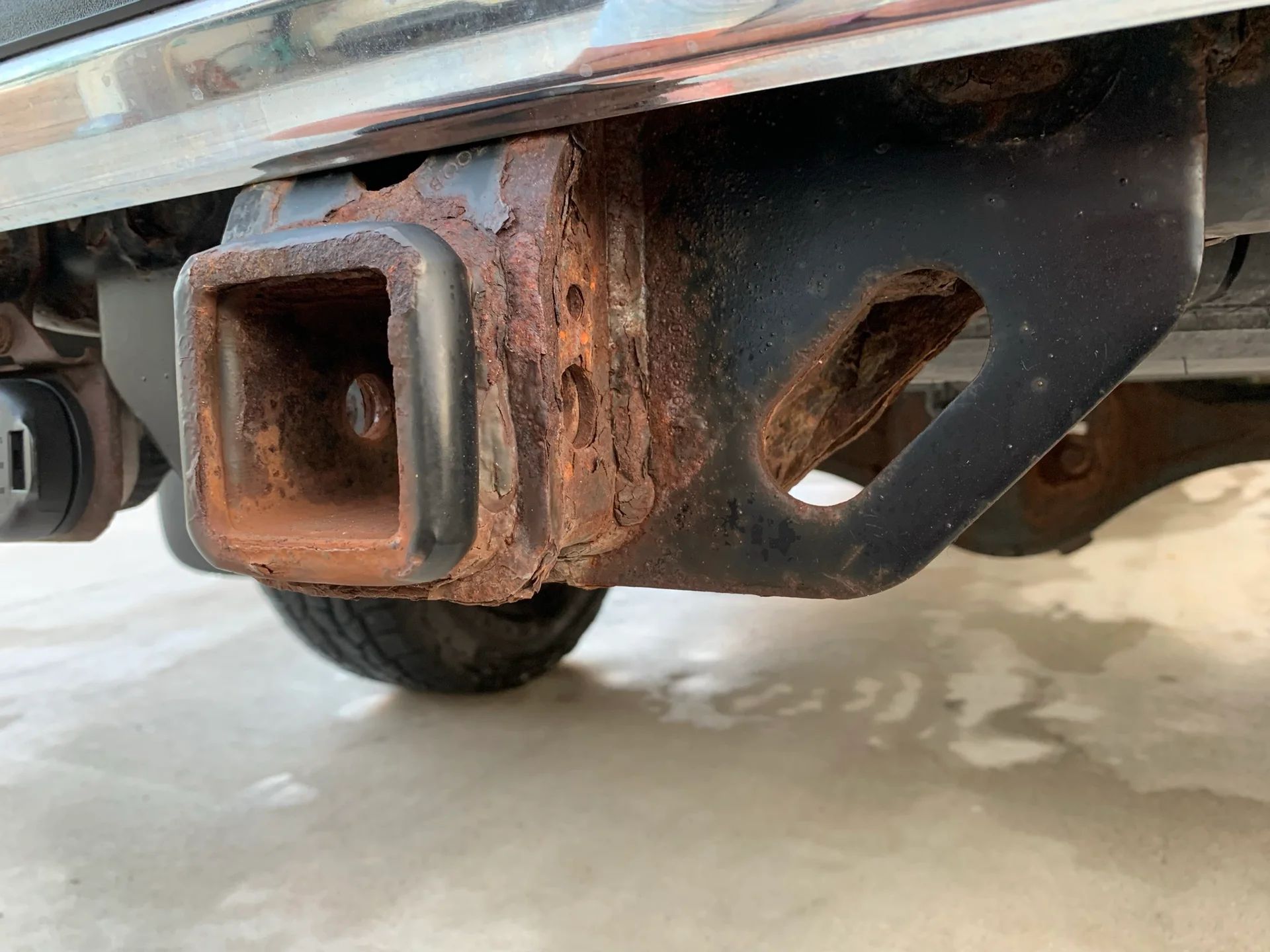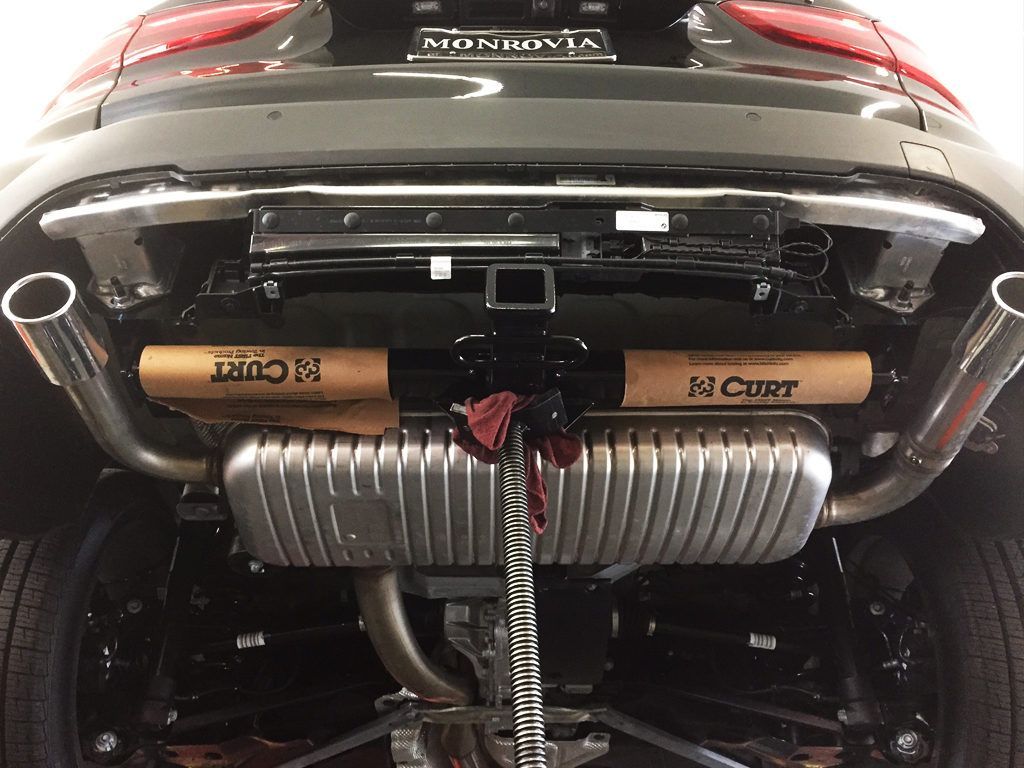How to Find the Best Hitch Installation Near You
Hitches installed near me can often lead to a search for reliable and quality services. If you're eager to ensure safe and professional installations, find the right hitch installation provider. Here are a few quick tips:
Look for local experts: Companies like The Hitch Corner offer services in various Colorado locations including Littleton, Aurora, and Boulder.
Check customer feedback: Positive reviews and recommendations indicate trustworthy service.
Consider experience and expertise: The right installation can make or break your towing trips.
Hitch installations are crucial for anyone who frequently tows trailers. Ensuring a professional installation is important to avoid potential mishaps during any trip. With numerous local services available, ranging from Littleton to Colorado Springs, finding the best one will improve your towing experience, keeping safety and satisfaction at the forefront.
Finding the best "hitches installed near me" means choosing a service that aligns with your needs, offering expert advice and ensuring quality.
Understanding Hitch Types
When it comes to towing, knowing the right hitch type is key. Each hitch type serves different towing needs. Let’s break down the three main types: receiver hitches, gooseneck hitches, and fifth wheel hitches.
Receiver Hitches
Receiver hitches are the most common type of hitch. They're versatile and can be used for a variety of towing tasks, from small trailers to bike racks. They attach to the frame of your vehicle and come in several classes, from I to V, depending on the weight capacity.
Class I & II: Ideal for light-duty towing, like small trailers or bike racks.
Class III & IV: Suitable for medium-duty towing, such as boats or campers.
Class V: Designed for heavy-duty towing, like large trailers.
Gooseneck Hitches
Gooseneck hitches are designed for heavy-duty towing. They attach in the bed of a truck and are perfect for large trailers and commercial applications. Gooseneck hitches offer a tighter turning radius and better stability, making them a favorite among farmers and commercial drivers.
Advantages: Higher weight capacity, stability, and maneuverability.
Considerations: Requires a truck bed for installation.
Fifth Wheel Hitches
Fifth wheel hitches are also mounted in the truck bed and are great for towing large RVs. They distribute weight evenly, providing a smoother towing experience. Fifth wheel hitches are popular among RV enthusiasts like Harold, who often travels across Colorado with his trailer.
Advantages: Improved stability and weight distribution.
Considerations: Requires a special mounting plate in the truck bed.
Understanding these hitch types will help you choose the right one for your towing needs. Whether it's a weekend getaway with a small trailer or hauling a large RV across the state, picking the right hitch ensures a safe and smooth journey.
How to Find the Best "Hitches Installed Near Me"
Finding the best place for hitches installed near me can seem daunting, but with a few simple steps, you can ensure you're getting top-notch service.
Online Search
Start by doing a quick online search. Use phrases like "hitch installation near me" to find local services. Websites like The Hitch Corner can provide detailed information about their services and locations. They have multiple spots in Colorado, making them a convenient choice for many residents.
Customer Reviews
Once you have a few options, check out customer reviews. Platforms like Google Reviews and Yelp are great for this. Look for comments about the quality of the installation, customer service, and overall satisfaction.
"I had my hitch installed at The Hitch Corner and the service was excellent. The staff was knowledgeable and the installation was quick!" - a satisfied customer
Service Ratings
Pay attention to service ratings. Higher ratings often indicate better service. Look for ratings on the company's website or third-party review sites. This can give you a good sense of the company's reputation and reliability.
By following these steps, you'll be well on your way to finding a reliable hitch installation service. Next, we'll dive into how to evaluate these services more closely.
Evaluating Local Hitch Installation Services
When choosing a service for hitches installed near me, evaluating the quality and reliability of local providers is key. Here’s what to consider:
Certifications
First, check if the service provider has any certifications. Certified technicians are trained to handle various hitch types and installation challenges. This ensures they follow industry standards and use the best practices for installation. Certifications can also be a sign of a reputable business that invests in proper training for its staff.
Experience
Experience matters. Look for businesses with a proven track record in hitch installations. Experienced installers are familiar with different vehicle models and hitch types. They can anticipate and solve potential issues quickly. For instance, Hitch Corner is known for its knowledgeable staff who can guide you through the installation process smoothly, as highlighted by customer reviews praising their expertise.
Warranty
A good warranty is a safety net. It shows that the company stands behind its work. At The Hitch Corner, you'll find a 12-Month/12,000-Mile warranty on professional installation services. This covers the workmanship, giving you peace of mind. Product-related issues are usually covered by the manufacturer's warranty, so check both.
Evaluating these factors will help you choose a reliable service for your hitch installation needs. Now, let's explore what the installation process involves.
The Installation Process Explained
Understanding the installation process for your hitch is crucial to ensure safety and functionality. Here's a breakdown of what you can expect:
Pre-Installation Inspection
Before installation begins, a thorough inspection of your vehicle is essential. This involves checking the vehicle's frame where the hitch will be mounted. Any rust, dirt, or debris should be removed using a wire brush to ensure a secure fit and prevent future corrosion. This step helps guarantee that the hitch will be mounted on a clean and stable surface, which is critical for safety.
Installation Steps
Preparation of the Workspace:
Ensure the area around your vehicle has at least 3 feet of clearance on all sides.
Organize all necessary tools and materials on a workbench. This includes socket sets, torque wrenches, and drills.
Aligning the Hitch:
Position the hitch to align with the vehicle's frame. This might involve lowering the spare tire or adjusting other components to access mounting points, depending on your vehicle model.
Securing the Hitch:
Use bolts and hardware to attach the hitch securely. Following the manufacturer's torque specifications is crucial here. A torque wrench ensures that bolts are tightened to the correct level, preventing them from coming loose.
Electrical Connections:
If your hitch includes integrated wiring, connect it to the vehicle's electrical system. This step may involve disconnecting the battery initially to prevent electrical shorts.
Post-Installation Checks
Once the hitch is installed, a series of checks ensures everything is in place and functioning correctly:
Safety Inspection: Verify that all bolts and nuts are secured to the correct torque specifications. This step is critical for towing safety.
Functional Testing: Test the electrical connections to ensure all trailer lights and brakes are operational. This might involve using a tester or connecting a trailer to verify that the wiring is correctly integrated.
Final Walkthrough: Conduct a visual inspection to ensure the hitch and all components are securely mounted with no loose parts or potential issues.
By understanding these steps, you can be confident in the installation process and ensure your hitch is ready for safe and effective towing. This attention to detail is what sets professional installers like those at The Hitch Corner apart, ensuring peace of mind for your towing needs.
Next, let's address some common questions you might have about hitch installation.
Frequently Asked Questions about Hitch Installation
What is the average cost of hitch installation?
The cost of hitch installation can vary based on several factors:
Type of Hitch: Receiver hitches generally cost less than gooseneck or fifth wheel hitches, which are more complex and require additional labor.
Vehicle Make and Model: Some vehicles are easier to modify, which can reduce labor costs.
Labor Rates: These vary by location and service provider. In general, expect to pay anywhere from $50 to $250 for installation labor alone.
Overall, the price range for hitch installation, including both parts and labor, typically falls between $100 and $800. It's a good idea to get a detailed quote from your local service provider for the most accurate estimate.
How long does hitch installation take?
Installation time can depend on the type of hitch and your vehicle:
Simple Receiver Hitches: These generally take about 30 minutes to 1 hour to install.
Gooseneck and Fifth Wheel Hitches: These installations are more involved and can take between 1 to 3 hours.
Scheduling an appointment with a professional installer like those at The Hitch Corner can ensure the process is smooth and efficient. They can also provide you with an estimated time based on your specific needs.
Are there any maintenance tips for hitches?
Proper maintenance is key to ensuring the longevity and reliability of your hitch:
Regular Inspections: Check for signs of rust or wear on the hitch and its components. Tighten any loose bolts and ensure electrical connections are clean and secure.
Lubrication: Apply lubricant to moving parts like the hitch ball to reduce friction and prevent rust.
Clean After Use: Especially after towing in adverse weather conditions, clean your hitch to remove dirt and debris.
Check Weight Limits: Always adhere to your vehicle's towing capacity and the hitch's weight limits to avoid damage.
By following these maintenance tips, you can extend the life of your hitch and maintain safe towing practices. Understanding these aspects will help you enjoy a trouble-free towing experience.
Now that we've covered frequently asked questions, let's move on to explore the comprehensive services offered by The Hitch Corner.
Conclusion
When it comes to finding expert service for hitch installations, The Hitch Corner stands out in the Denver area. With over 50 years of experience in the industry, we pride ourselves on offering professional-grade towing solutions and truck accessories. Our commitment to excellence is reflected in our 4.8/5 customer rating, a testament to the high level of satisfaction our customers experience.
At The Hitch Corner, we understand that choosing the right hitch and ensuring a flawless installation can significantly impact your towing safety and convenience. That's why we offer a lifetime warranty and installation guarantee, providing peace of mind to all our customers. Our knowledgeable team is always ready to deliver custom solutions custom to your specific needs, ensuring that you receive the best possible service.
For those searching for "hitches installed near me," our multiple locations throughout Colorado, including Littleton, Arvada, and Boulder, make it easy to access our services. Whether you're looking to install a basic receiver hitch or a more complex gooseneck or fifth wheel hitch, The Hitch Corner is your go-to destination for reliable and efficient installations.
Ready to improve your vehicle with a new hitch? Contact us today to schedule your installation and experience the difference of expert service and best customer satisfaction.
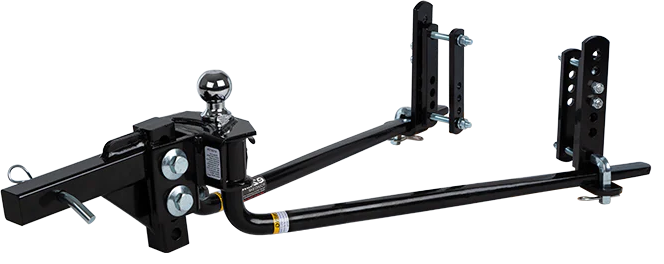
WE WON'T LEAVE YOU HANGING ON INSTALLATION.
Explore an extensive range of essential products for cars, SUVs, and trucks, featuring items that cater to both style and functionality,
including versatile cargo carriers suitable for roof and trailer hitch setups.
OUR CUSTOMERS LOVE US

We needed to swap our hitch mount and ball but were unsure exactly what we needed. The two men working were extremely helpful in pointing out what we needed and even helped us swap the hitch despite them being about to close. Great service!!
Allison Safko

Very quick and friendly service. Hitch installed on a Ford Escape for an upcoming move – took less time than anticipated and job well done. Highly recommend.
Matt Madsen

This place is great. Knowledgeable and super fair on prices. Got a break controller here and it worked out of the box. People here know their stuff. Way better than going to Uhaul.
James Olsen
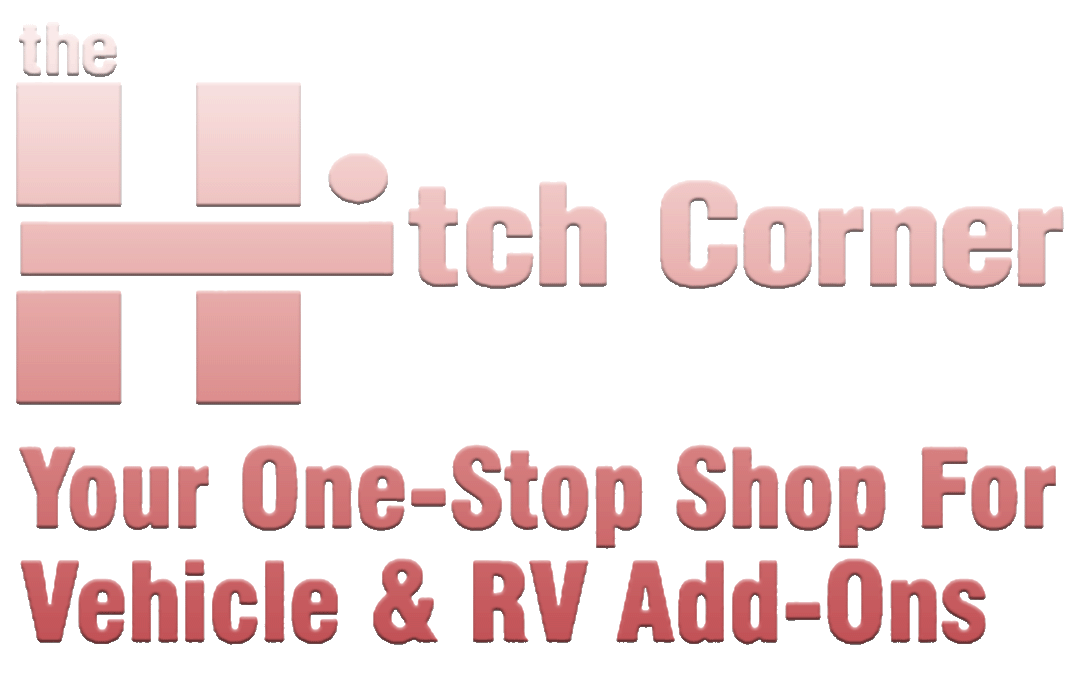
CONTACT US
Hitch Corner (Littleton)
Phone:
(303) 904-1558
Email:
info@hitchcorner.com
Address:
10677 W. Centennial Rd. Suite 103 Littleton, CO 80127
BUSINESS HOURS
- Mon - Fri
- -
- Saturday
- -
- Sunday
- Closed
All Rights Reserved | Hitch Corner | Powered by Proshark
